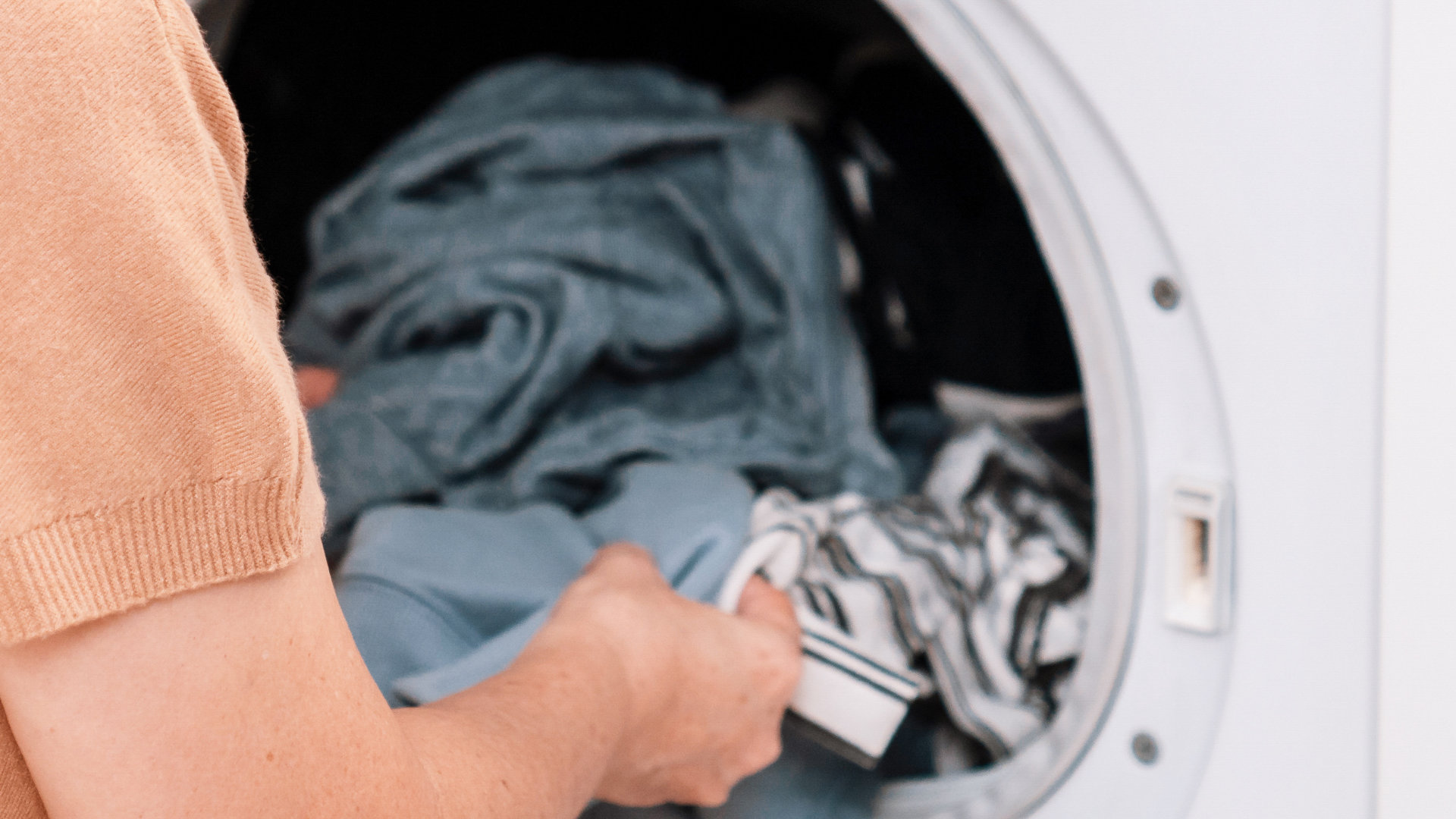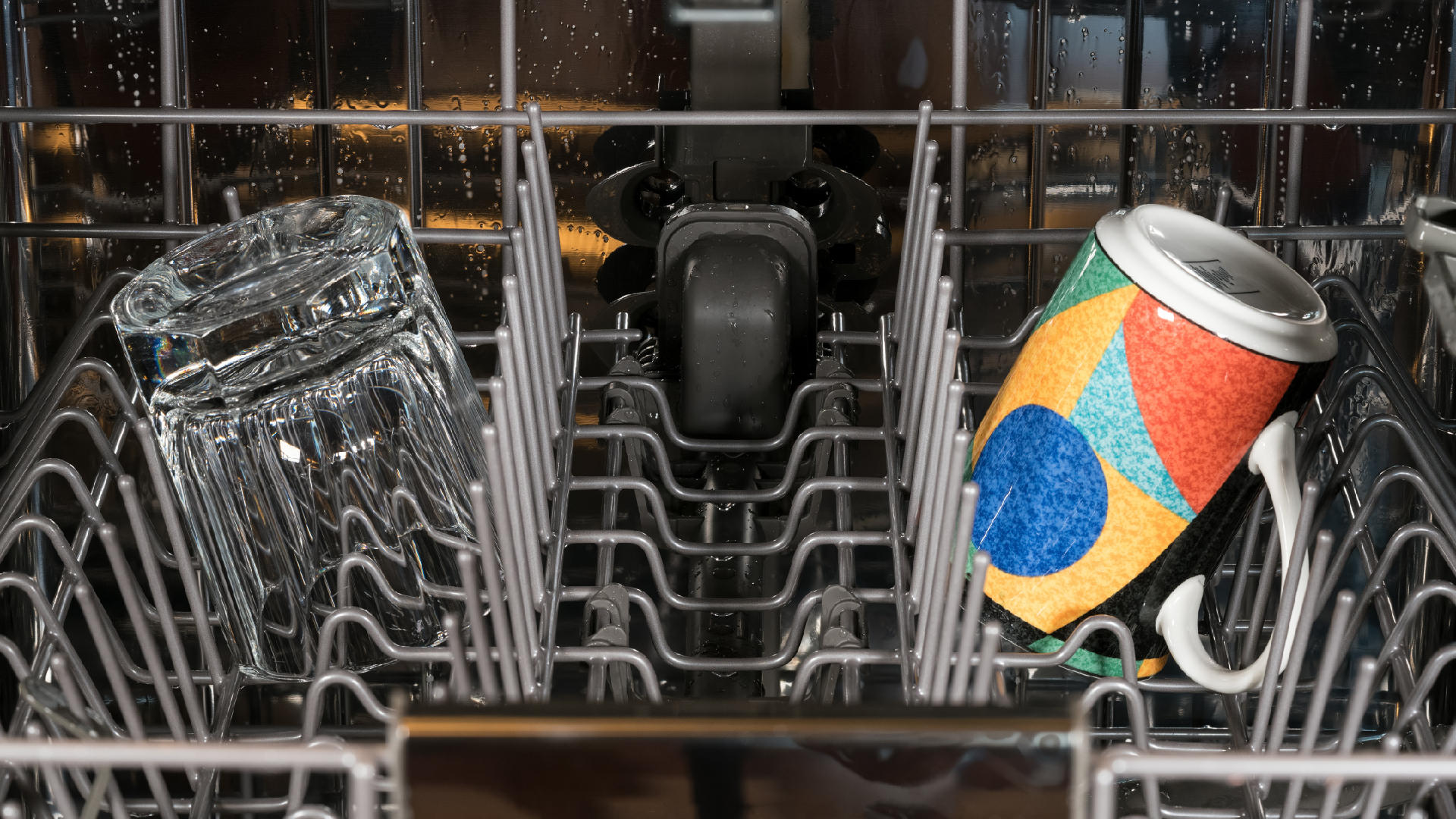
Most of the time, you can count on your trusty LG dishwasher to do its job without causing you any stress. However, over time the dishwasher becomes affected by food and mineral waste, and parts may deteriorate. Most issues arise due to a lack of maintenance, such as regularly running a dishwasher cleaning solution through the dishwasher to keep it clean and at its best.
Dishwasher Maintenance
To keep the dishwasher at its best, LG recommends performing periodic maintenance. Dishwasher maintenance is as simple as putting 1-2 cups of white vinegar into an empty dishwasher and then running a normal cycle (once a month). The vinegar will break down the food particles and minerals that have built up inside the dishwasher, on the door, and on internal parts. Cleaning the spray arms, filters, and air gap will also make your dishwasher last longer and reduce dishwasher problems. Dishwasher-specific cleaning products can also be purchased.
Dishwasher Will Not Drain
Problems with the dishwasher not draining are common with most dishwashers. The cause of the issue is usually either food particles blocking the filter or drain hose, a defective pump, a kinked drain hose, or a faulty check valve (flapper). Occasionally, the solenoid kit may fail to open, or the dishwasher’s pump may fail.
To fix drainage problems:
- Clean out the dishwasher, including the filter, garbage disposal, and air gap if you have one.
- Check that the drain hose is not kinked. Check that if it is attached to the sink cabinet (a high loop), it is attached correctly and wastewater is not backing up back into the dishwasher.
- Disconnect the drain hose and make sure it is not blocked.
- Remove the bottom access panel or kickplate, and check the pump for signs of damage, particularly to the impeller. Inspect the check valve on the drain pump outlet or housing for signs of damage. Also, check the solenoid kit on the drain pump for faults.
- Test the pump and solenoid for continuity with a multimeter.
- Replace any defective parts.
Dishwasher Is Leaking
A leaking dishwasher is usually caused by a defective water inlet valve, door seal, dishwasher pump, or drain hose. To diagnose the issue, it helps to check where the leak is coming from. If the water does not appear to be coming from a worn door seal, removing the bottom access panel or kickplate should allow you to see which part is causing the leak.
Over time, dishwasher hoses (drain hose, pump hoses, water supply line) can become loose, or the seals may deteriorate. The hoses can also crack and cause water leakage. If you notice a problem with a dishwasher hose, it should be replaced.
The water inlet valve controls the amount of water that fills the dishwasher. If the valve becomes stuck open, it can cause the dishwasher to leak. The valve is connected to water supply hoses that bring water into the dishwasher and fill the dishwasher tub. If the water inlet valve is defective, it will need to be replaced.
If the dishwasher pump is defective, often because of a broken impeller, it can cause leaks and will usually need to be replaced. It is also best to replace a worn dishwasher door seal rather than try to repair it.
Dishwasher Is Noisy
If your dishwasher is making too much or unusual noise, it is usually because of a worn-out part. Food fragments, bits of glass, or other objects can also get stuck or cause a blockage that results in unusual dishwasher noise. A defective door latch can also cause the dishwasher to beep continuously.
To resolve dishwasher noise:
- Check that dishes and dish racks are placed correctly and securely. Make sure the spray arms can rotate without being obstructed.
- Check that the spray arm bearings, rings, and seals have not become loose or worn.
- If you hear a thumping noise, check that the drain hose is secure and not causing the issue.
- Check internal parts for faults that are causing the noise. A buzzing, squealing, or grinding noise during the drain cycle indicates a faulty drain pump. A dishwasher with a circulation pump will typically make a squealing or continuous droning sound during the wash cycle if the pump is defective. If the water inlet valve is defective, it will often make a loud buzzing or squealing sound. LG models with a chopper blade may be defective if you hear a grinding noise, which could be caused by food becoming stuck in the chopping blade assembly.
Dishwasher Will Not Operate
If your LG dishwasher will not operate, there may be a simple solution, or it may require the services of a trained professional. Typical causes include a tripped circuit breaker or a faulty door latch.
Follow these steps to get the dishwasher working again:
- Check that the dishwasher is plugged in and that a circuit breaker has not been tripped.
- Check that the water supply line is connected to the dishwasher, as it needs water to operate.
- Check that the door is completely closed, with the door latch working correctly. If the door is not closed correctly with the door latched, this safety feature will stop the dishwasher from operating. You can usually hear if the door latch is working correctly. To check the door latch, an access panel will need to be removed and the door latch tested for resistance with a multimeter.
- Check that internal parts are working correctly. If an essential part like the motor start relay, thermal fuse, or drive motor is defective, the dishwasher will likely not start. Internal parts can be checked for damage and tested with a multimeter by removing the bottom access panel or kickplate.
- Check the control panel and main control board. Faults with these parts are relatively uncommon, but if there is a fault, it will likely stop the dishwasher from working correctly. Resetting the dishwasher may solve the problem. Dishwasher reset instructions can be found in the dishwasher’s manual, although some models may have a reset button, or disconnecting the power may perform a reset. If the control board is failing, it will need to be checked by a trained professional and replaced if it is defective.
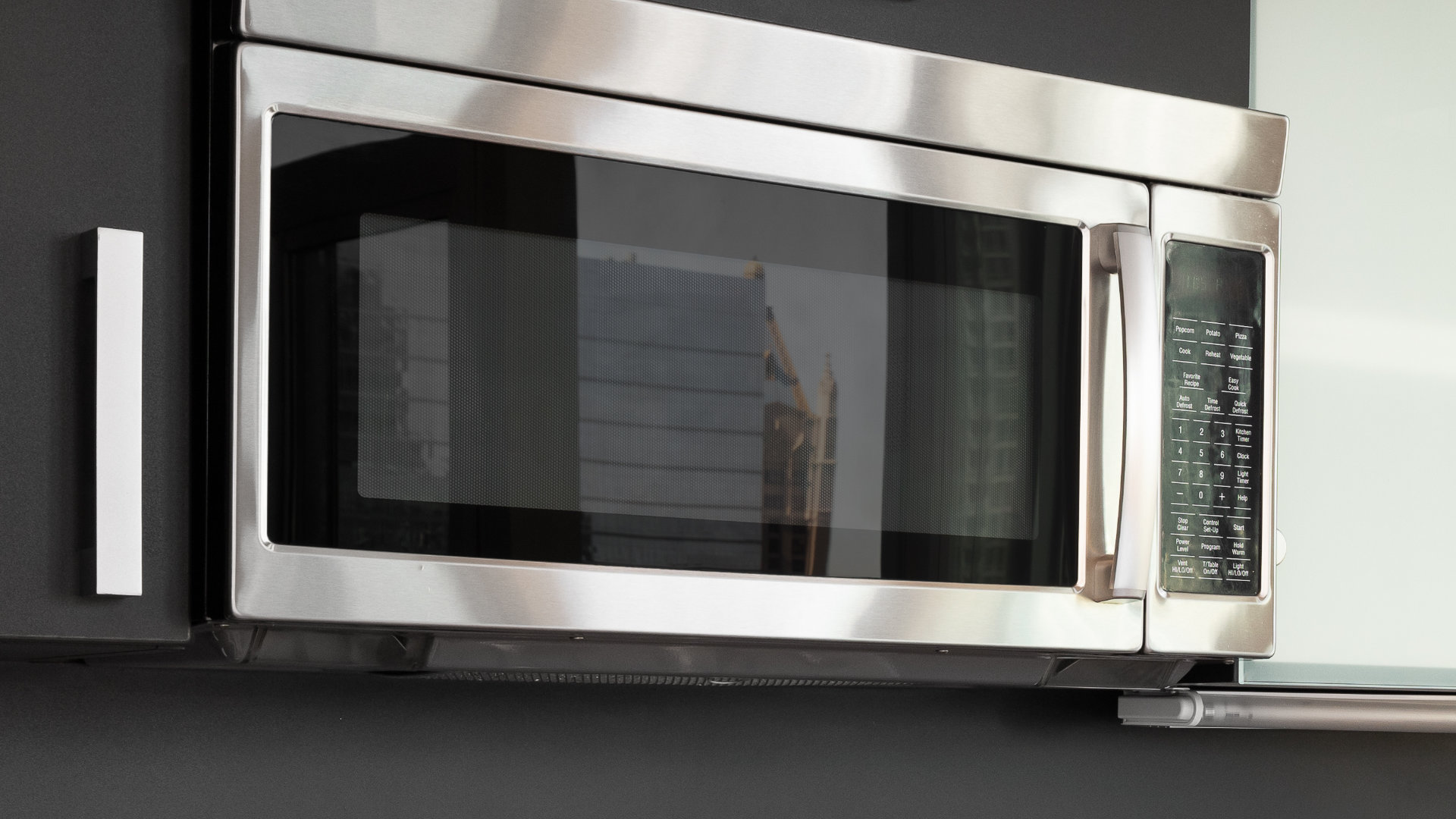
Your Guide to Whirlpool Microwave Replacement Parts
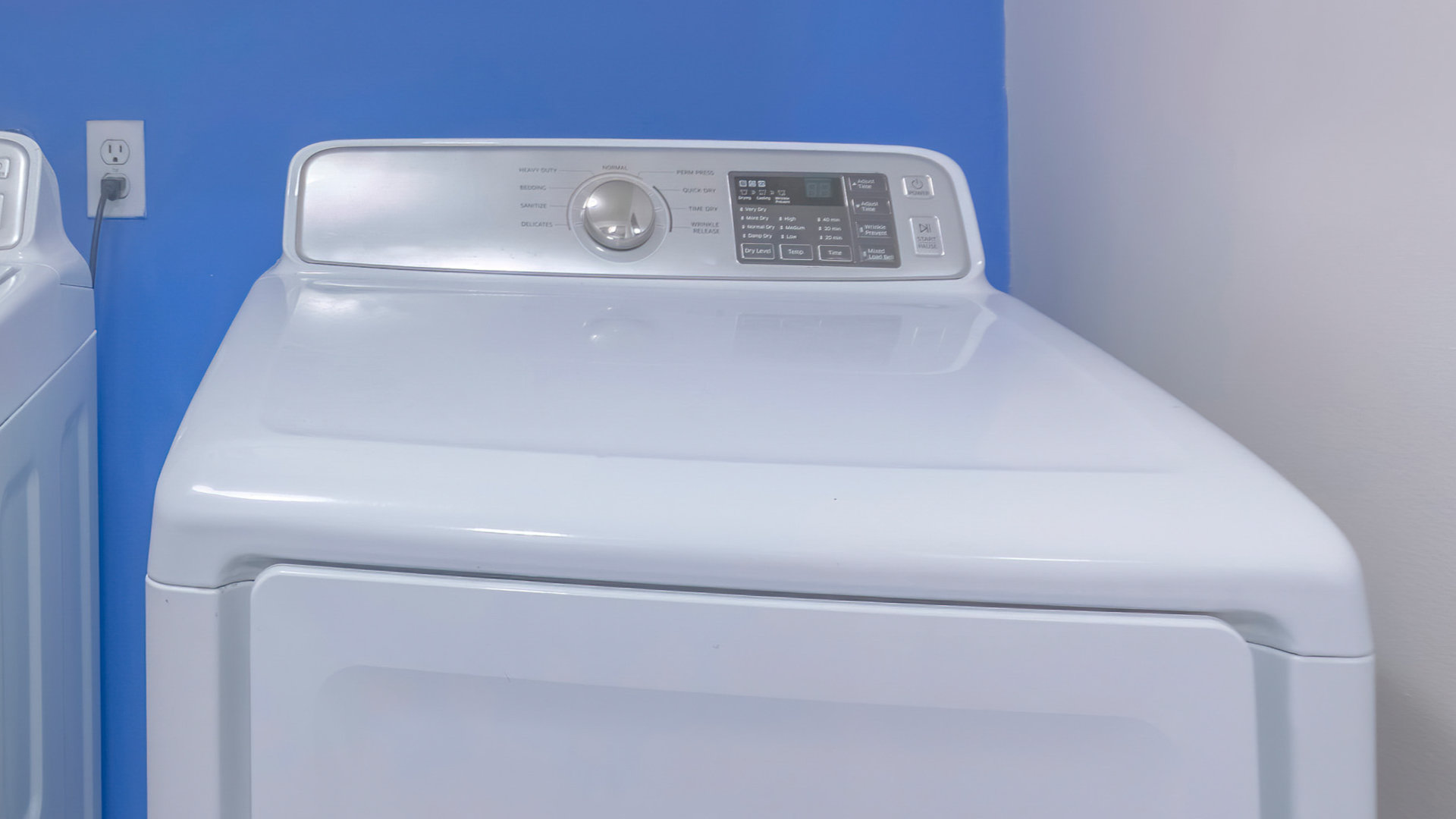
What to Do When Your Kenmore Dryer Won’t Start
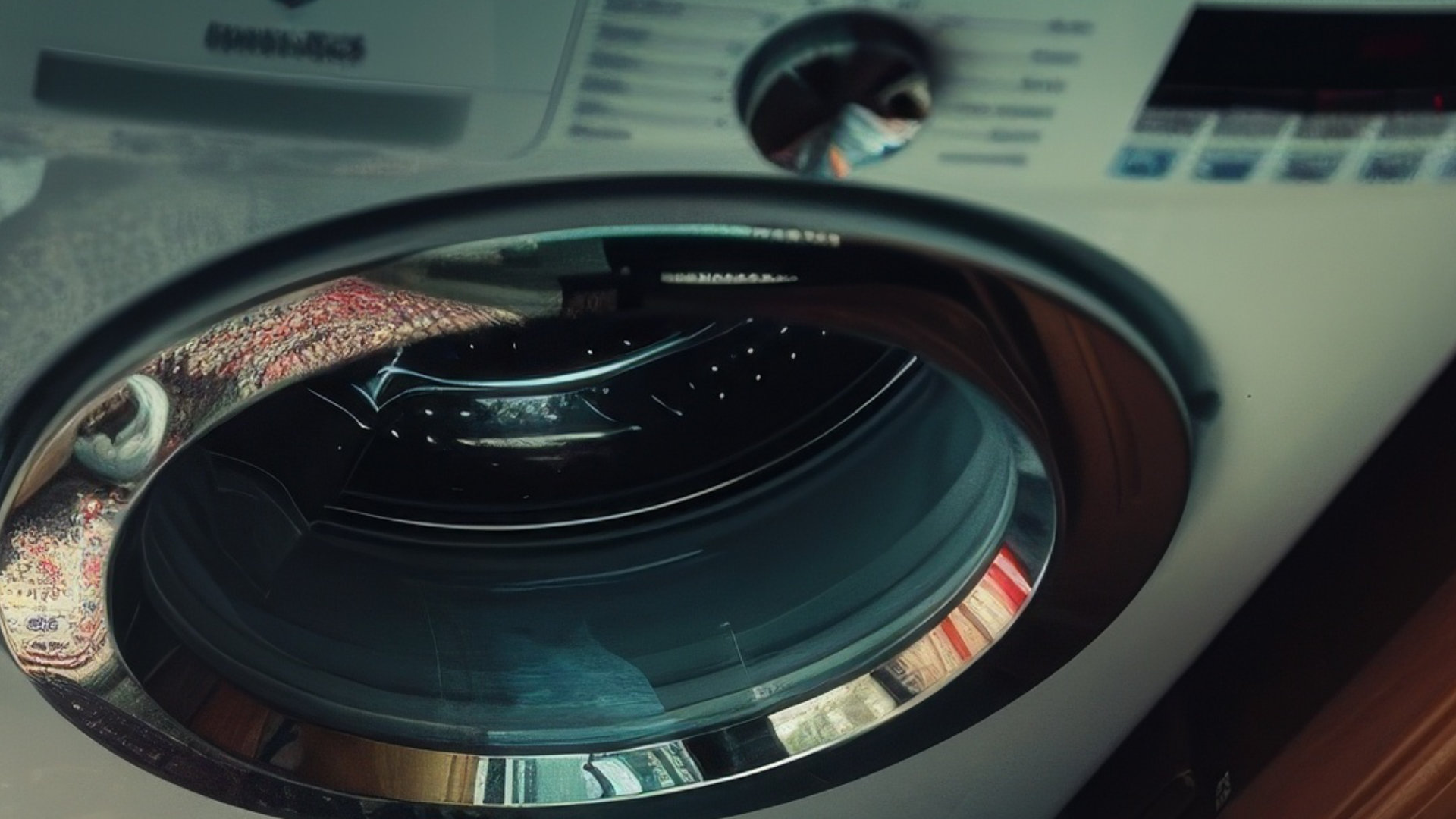
How to Resolve the LG Washer LE Error Code
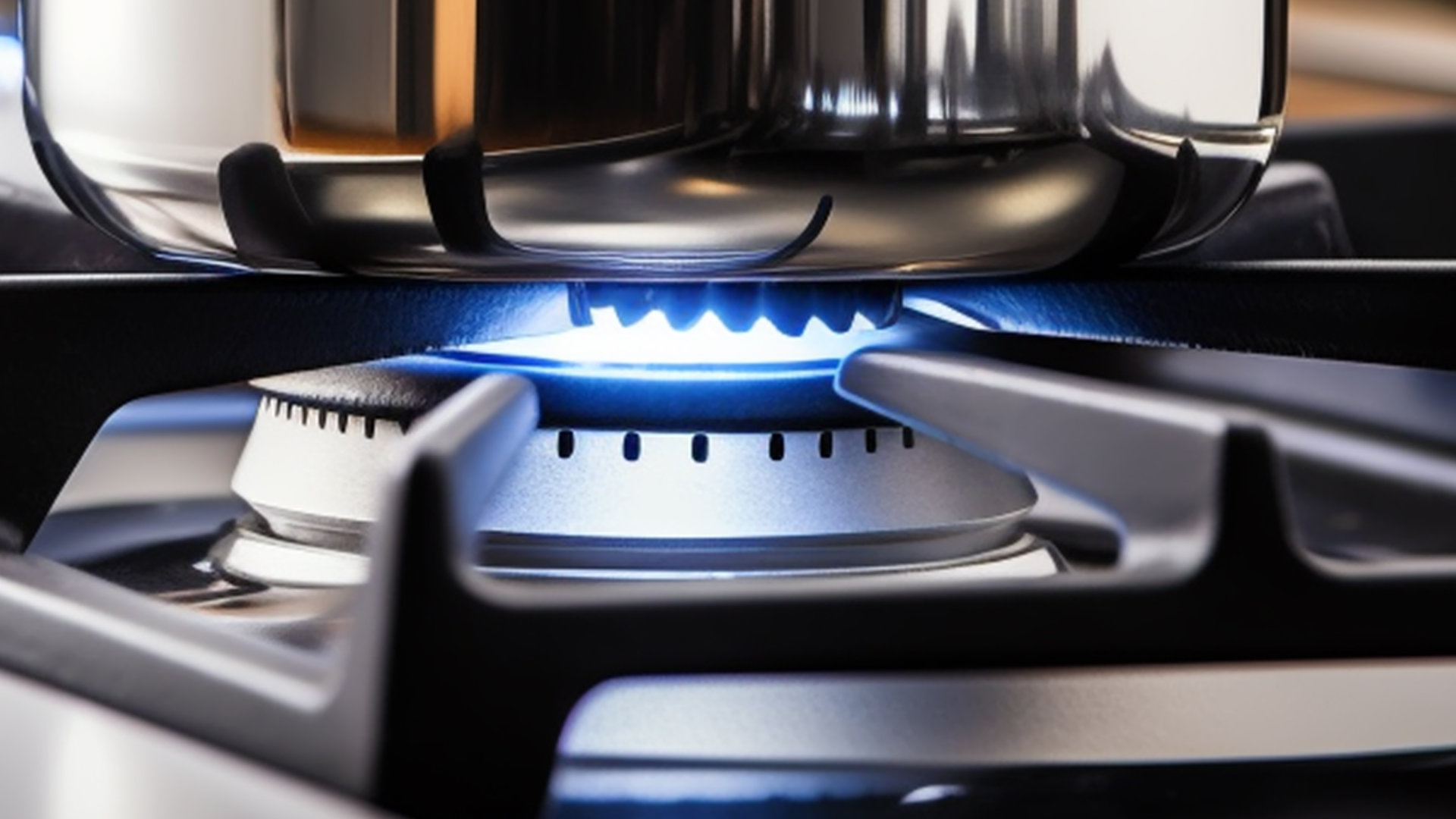
Why Does My Oven Smell Like Gas? Causes and What to Do
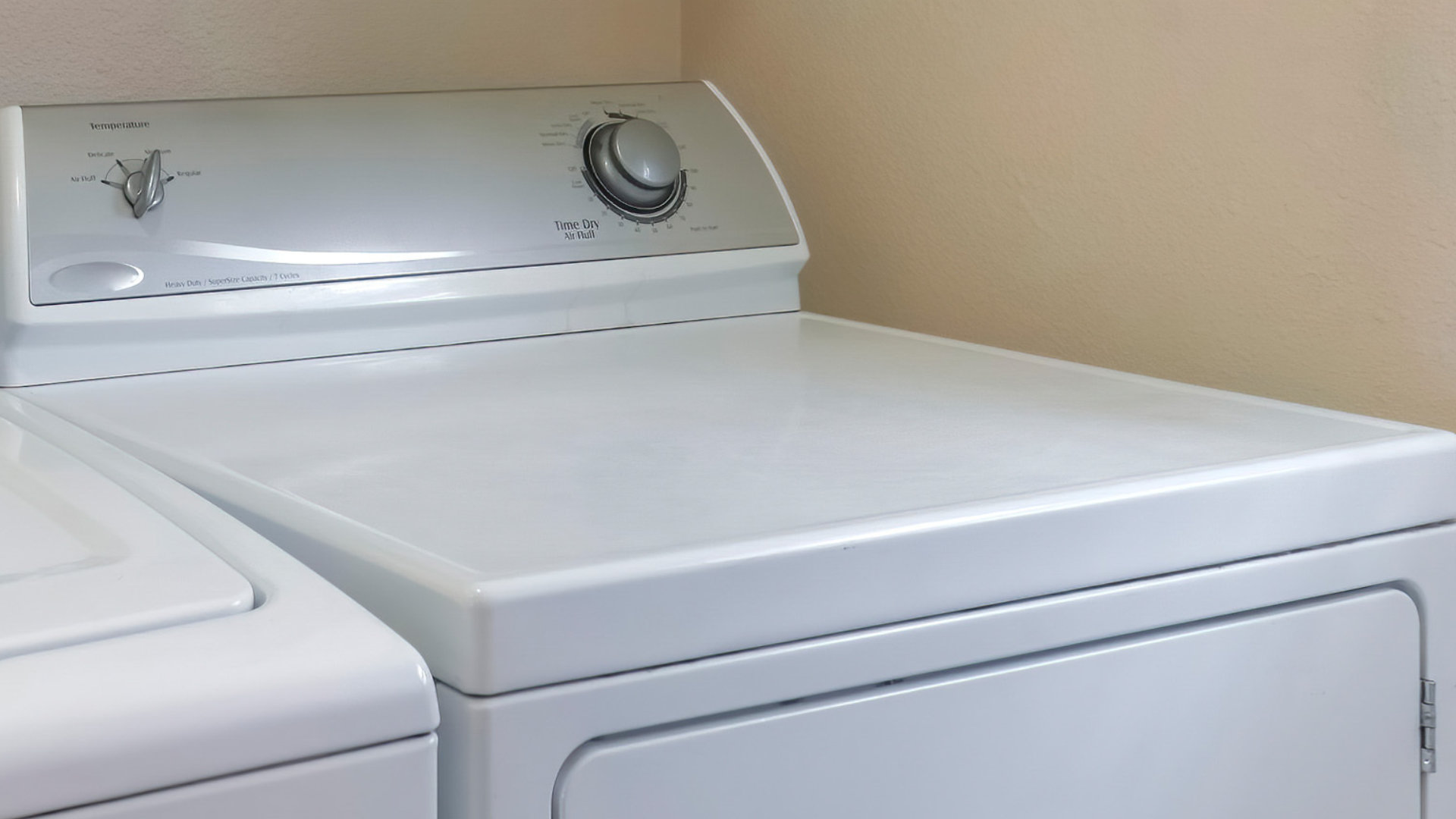
Maytag Dryer Not Heating? Here’s How to Fix It
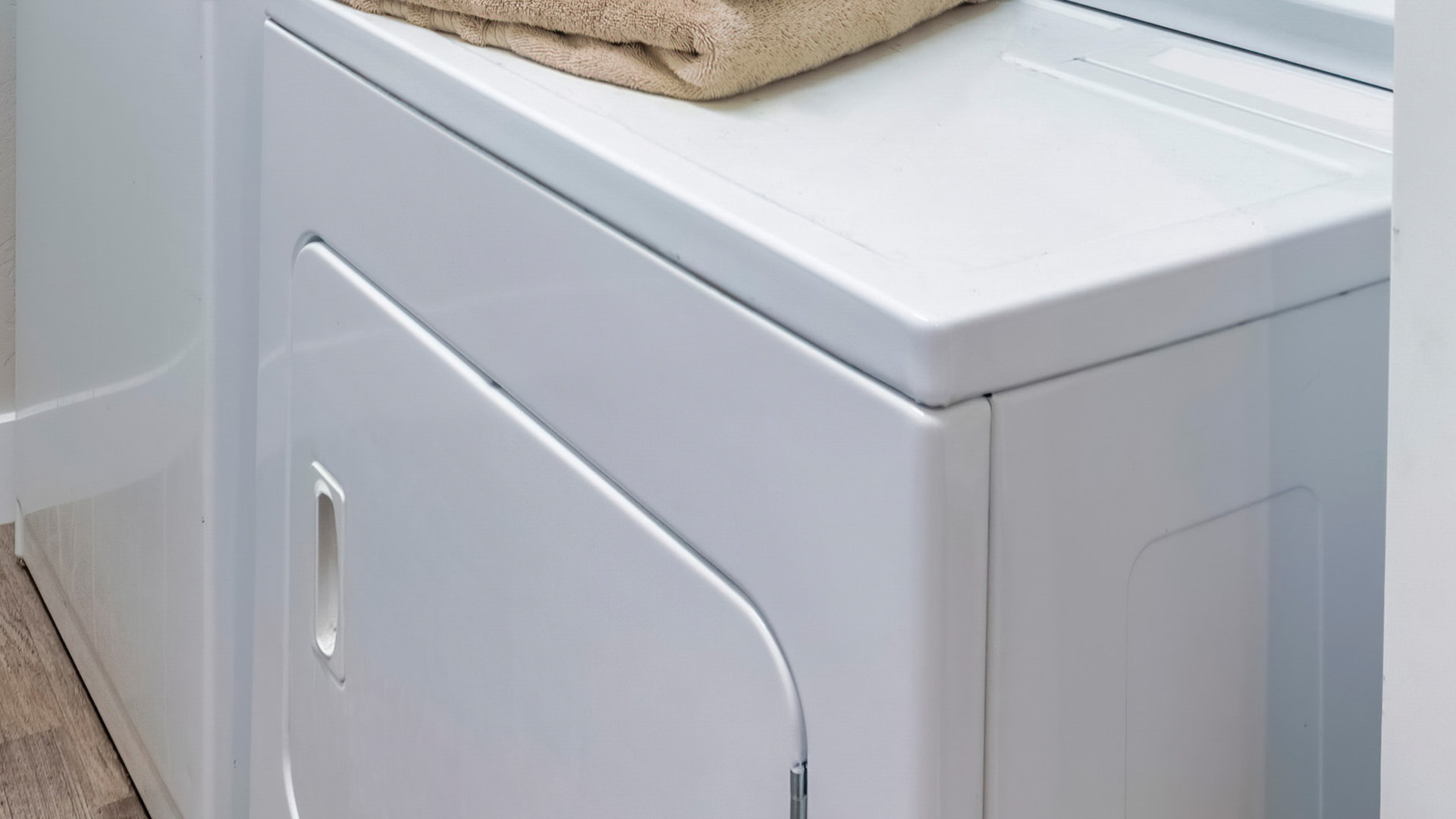
6 Common Reasons Your Speed Queen Dryer Isn’t Heating
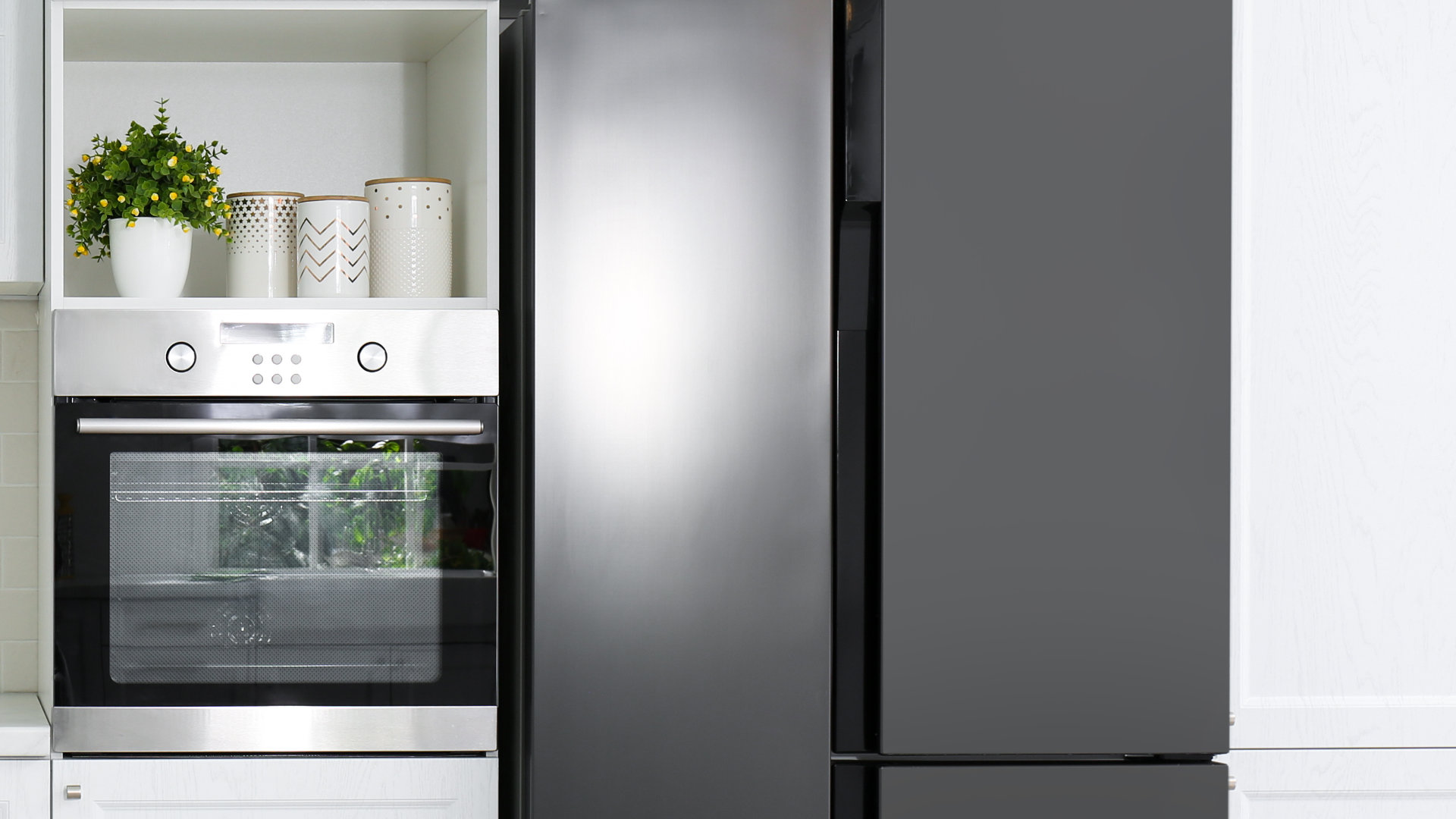
8 Reasons Your Samsung Refrigerator Is Not Cooling
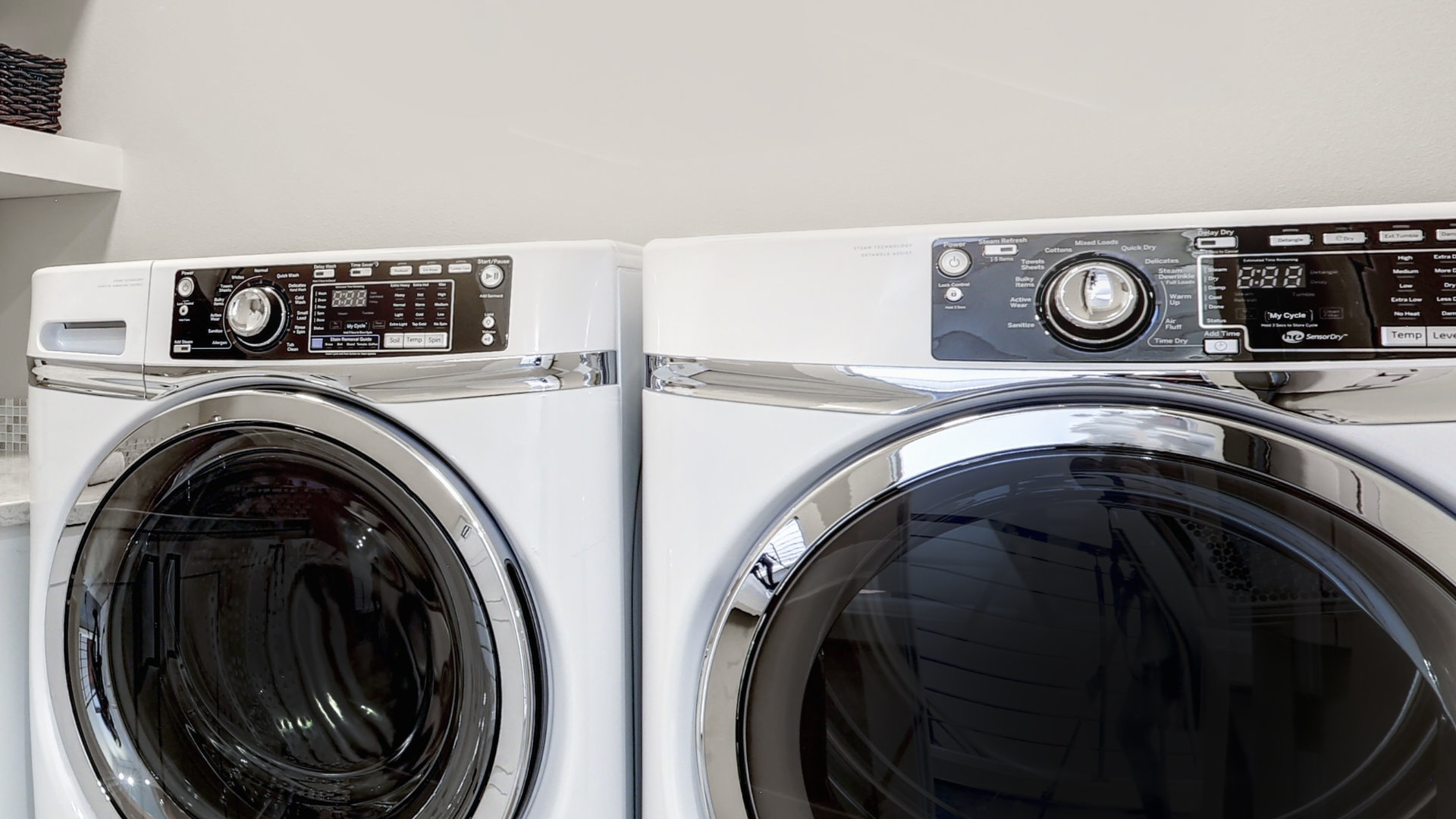
9 Most Reliable Washer and Dryer Brands
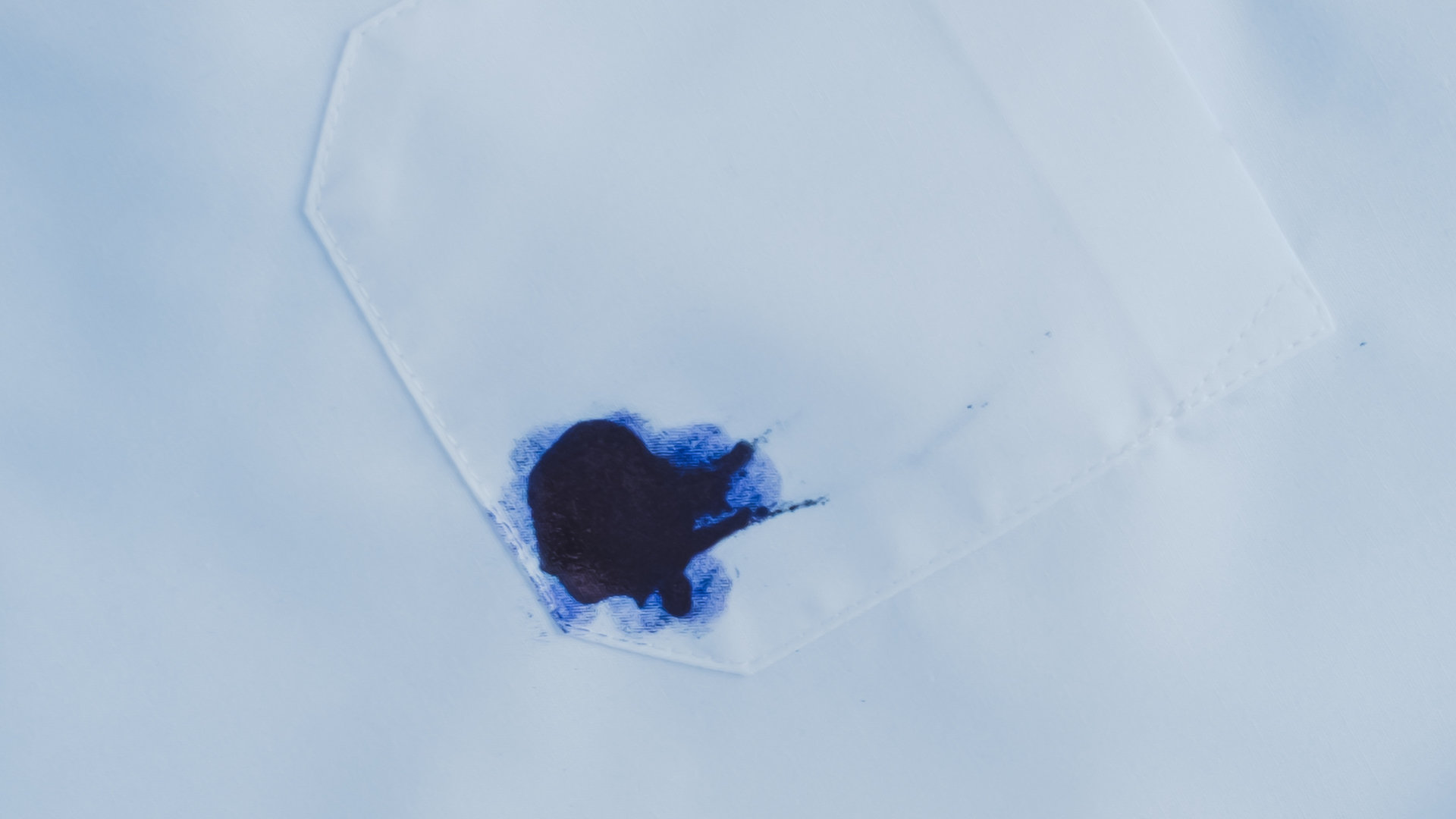
How to Get Ink out of Your Dryer the Easy Way

Why Is My Fridge Making Noise That Stops When the Door Is Open?
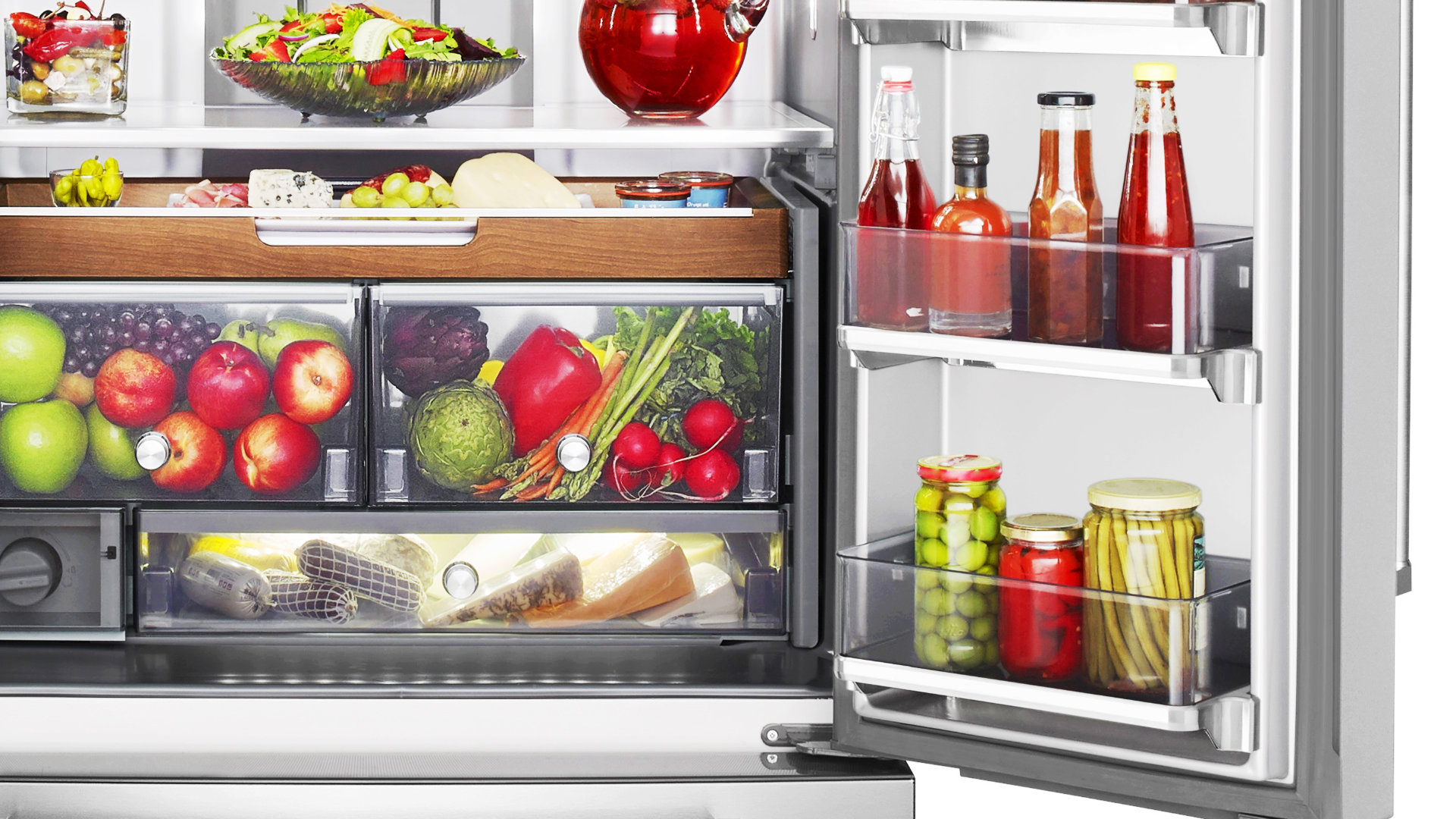
Frigidaire Refrigerator Error Code H1: Causes & Solutions
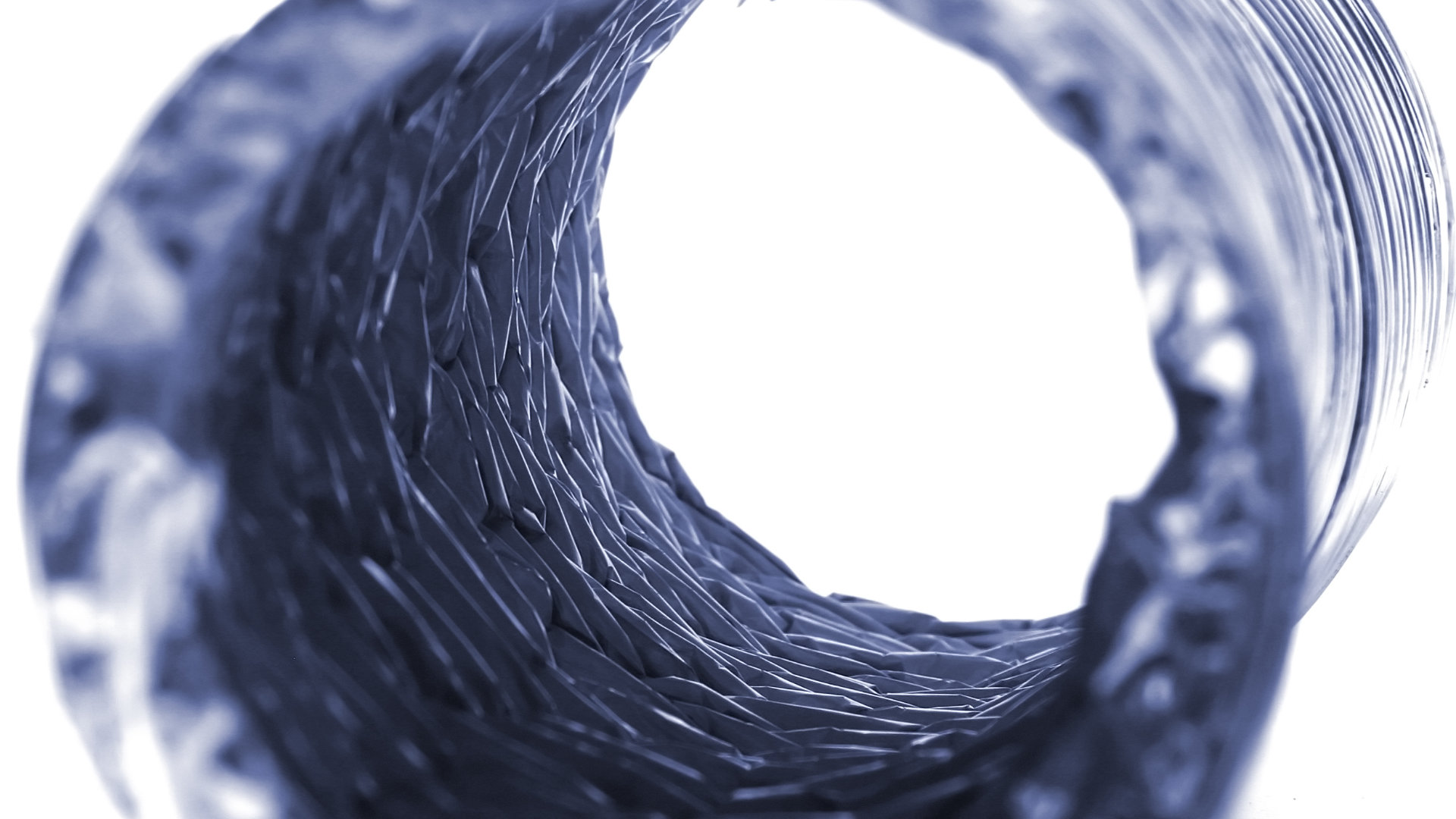
How to Clean a Dryer Vent Without Moving the Dryer
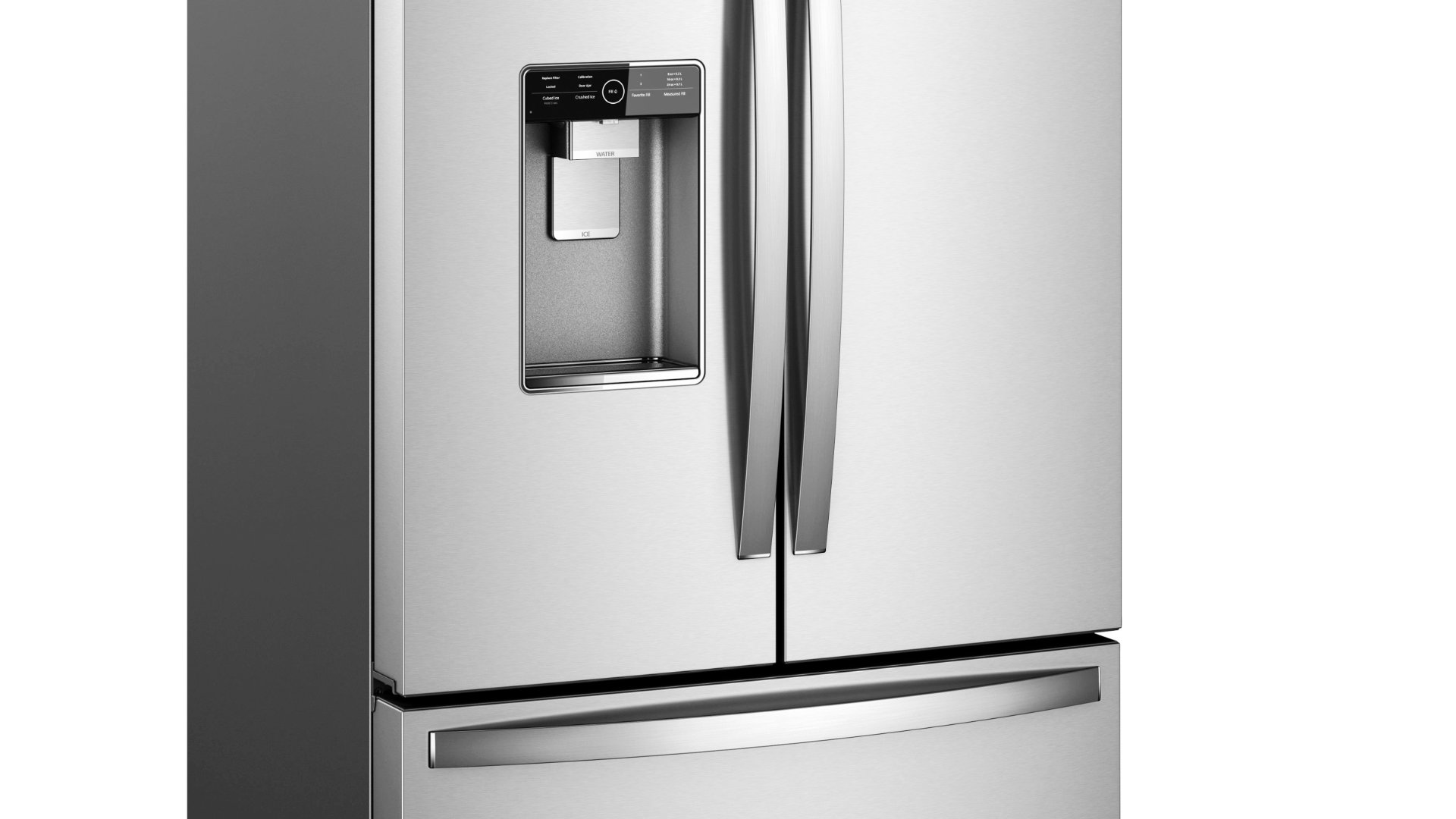
9 Reasons Your LG Refrigerator Isn’t Cooling
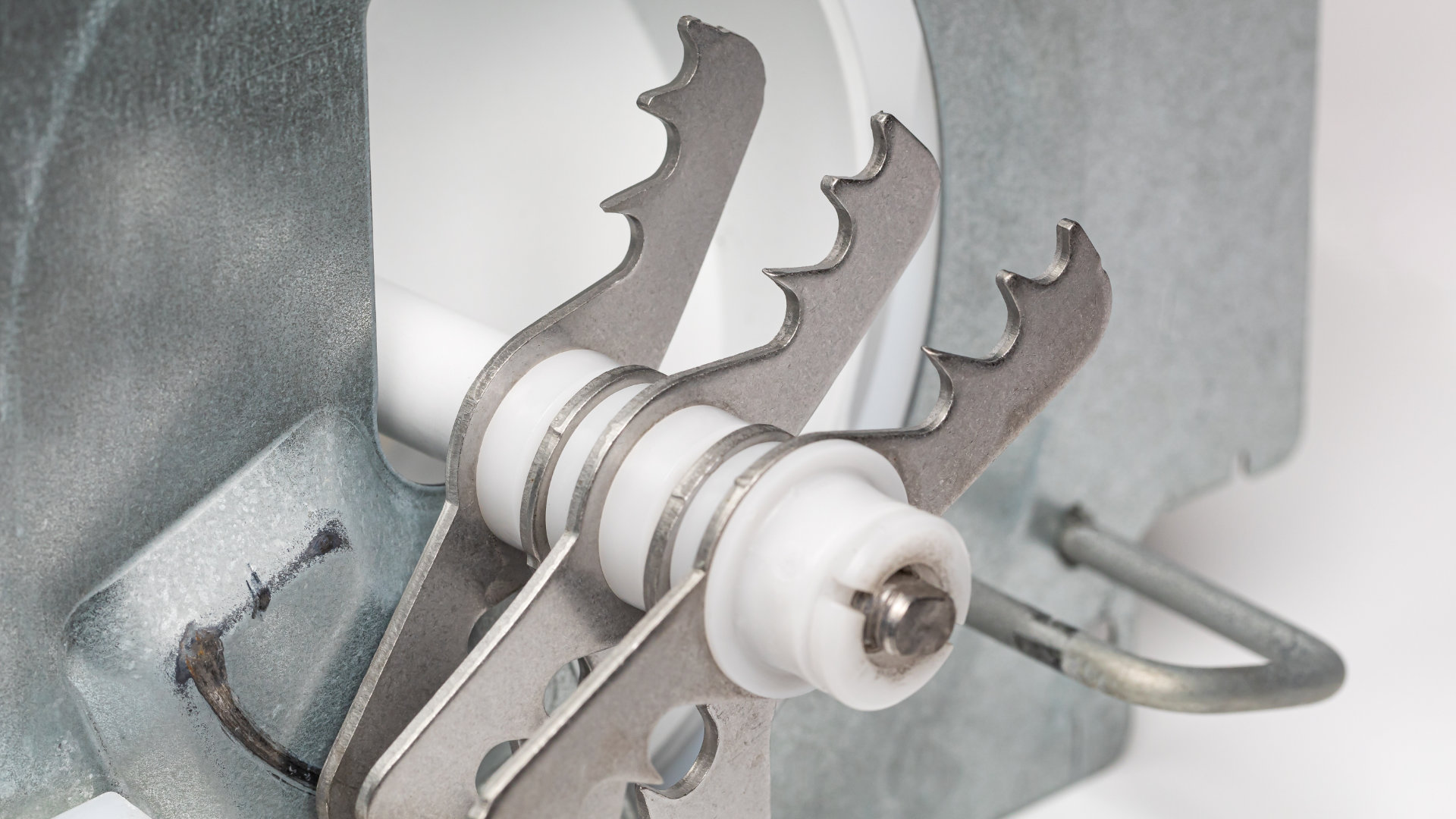
LG Refrigerator Not Making Ice? Here’s What To Do!
